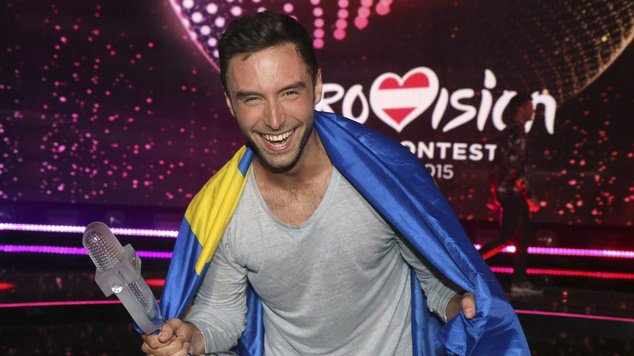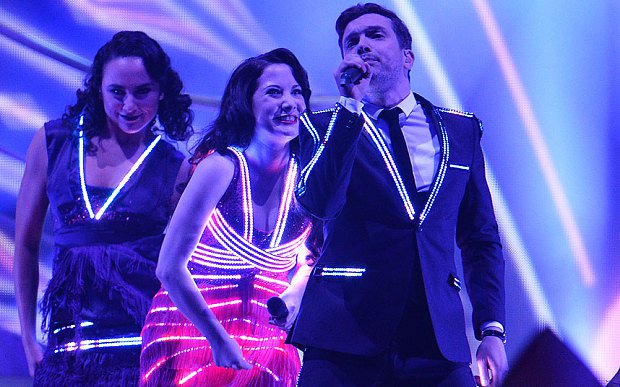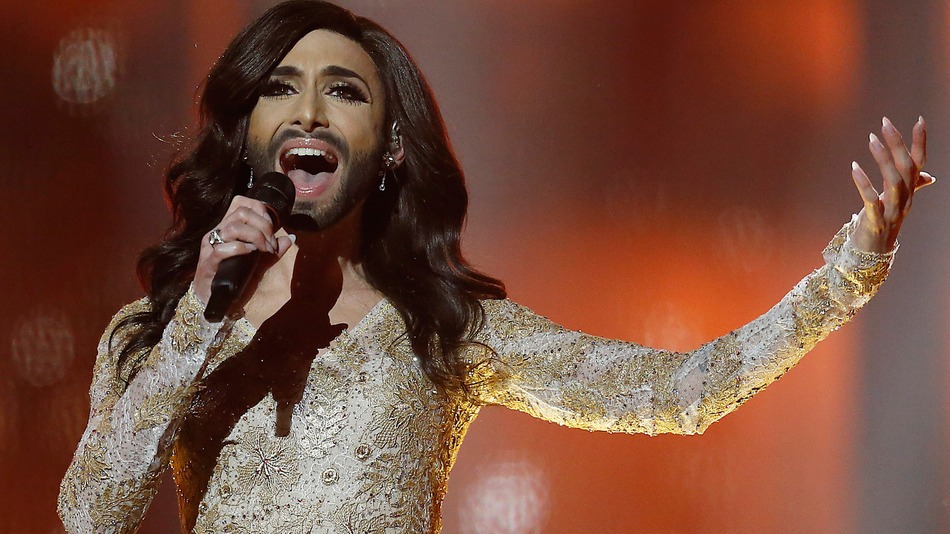Eurovision Song Contest announces massive shake up to voting system

The Eurovision Song Content has announced its biggest overhaul of the competition’s voting system since 1975, in an attempt to “inject new excitement” into the annual event seen by millions around the world.
Traditionally, the score given by each professional jury has been combined with the their nation’s public votes to create a score from 0-12 for each contestant. From 2016, however, each nation’s professional jury and home audience will award separate sets of points.
After a representative from each country announces the scores awarded by their jury in the traditional way, the host nation will announce each contestant’s public vote score, in order of lowest to highest, meaning that the overall winner will not be revealed until the very last minute.

Organisers say the changes have been designed to guarantee a more “dramatic finish” to the contest.
“This new way of presenting the votes is a big step forward, both to make a better television show as well as a more exciting competition,” said the EBU’s Jon Ola Sand, Executive Supervisor of the Eurovision Song Contest.
“There is more reason than ever to vote in the Eurovision Song Contest. The new voting format guarantees that the song which is most popular among the public will receive twelve points regardless of how the juries voted.
“It is fitting that this change to the Contest’s iconic scoring sequence will be debuted in Stockholm, where the famous douze points ystem was introduced in 1975.”

Eurovision Song Contest Producer, Christer Björkman, said the changes would create “TV magic”. “This was a unanimous decision taken by the Eurovision Song Contest Reference Group. It’s about creating TV magic,” he said.
Martin Österdahl, Executive Producer for the 2016 Eurovision Song Contest added the winner of the competition has been known up 20 minutes before voting ended in previous years. “And that’s not good TV,” he said.
“This format change will inject a new level of excitement into the finish of the Eurovision Song Contest.”
This year’s Eurovision Song Contest Grand Final will air on Saturday, May 14 from Stockholm.
You can watch a video explaining the changes in further detail below:
More stories:
‘Masc 4 masc?’ What gay hook-up slang really means
Zachary Quinto’s boyfriend Mile McMillan goes full-frontal Purple magazine
